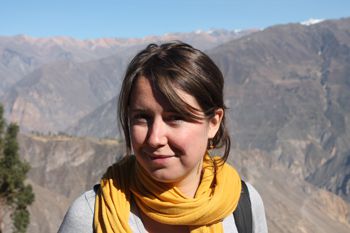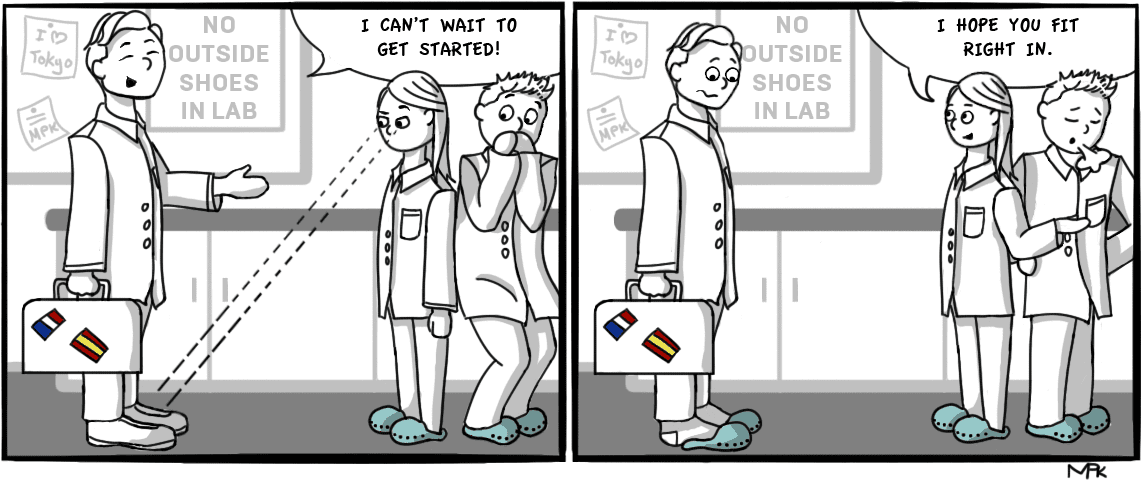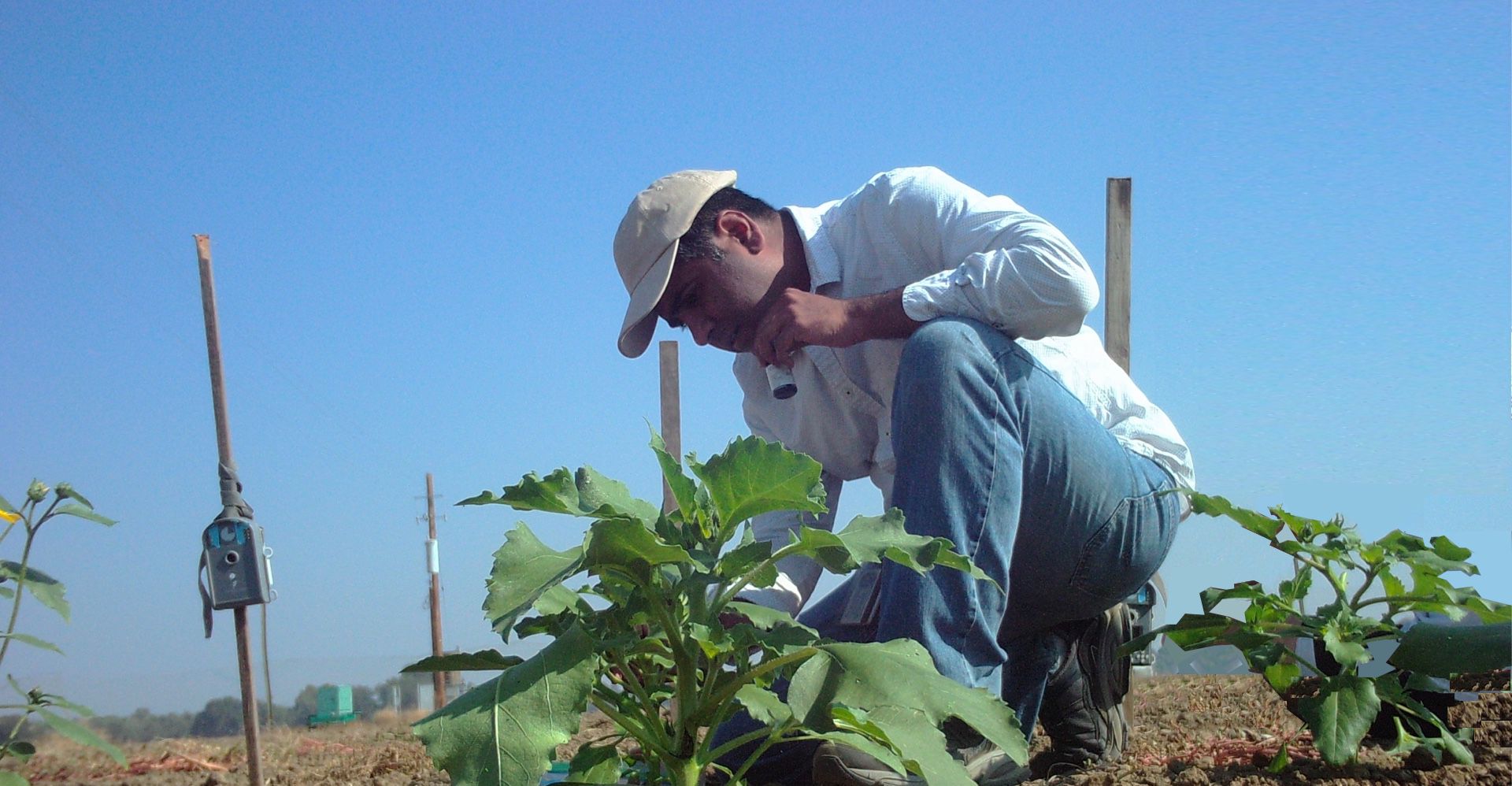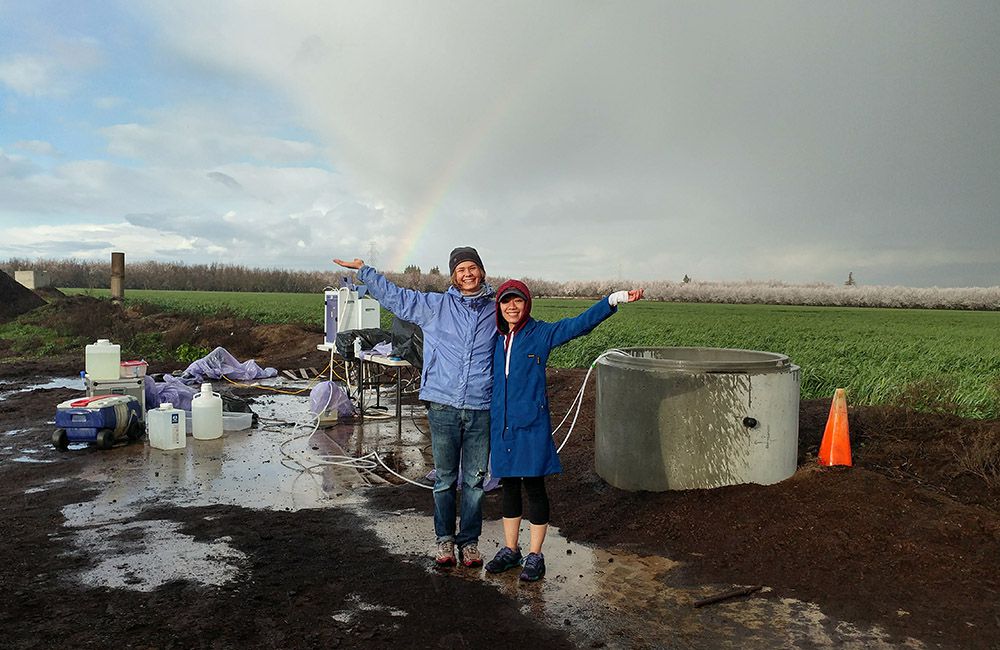

news
Meet an IGI Scientist: Ángel Fernandez i Marti
This series introduces the public and fellow researchers to our talented scientists. We interview different IGI members to find out who they are and what makes them passionate about science.
—
Dr. Ángel Fernandez i Marti is a postdoctoral fellow in the Dodd Lab at UC Berkeley. He studies genetic adaptations to environmental stress in sugar pines to better understand possible responses to climate change.
Where are you from?
 I am from Alicante, which is one of the most popular cities for tourists in Spain and Europe in general, known for its stunning beaches, good food, and great weather.
I am from Alicante, which is one of the most popular cities for tourists in Spain and Europe in general, known for its stunning beaches, good food, and great weather.
Why did you become a scientist?
When I was 20, I moved to France to pursue my bachelor’s degree in Agriculture Engineering. Then I did my dissertation project in Martinique, which is a small French island in the Caribbean Sea. This was my first experience in research, and I really loved it. After receiving my Master of Science in Plant Sciences, I decided to keep doing research and complete a Ph.D. in the field of plant breeding. My passion has always been trying to improve crops lacking important agronomic traits such as quality, disease resistance, or other abiotic factors.
What do you like to do besides research?
I love cooking, traveling, playing soccer, and spending time with my family and friends.
Describe a funny memory you have of working in the lab or in research.
When I was doing my Ph.D. in Spain, I spent a half year in Japan (Kyoto University) as part of research collaboration. I remember on my first day I learned that in Japan it is forbidden to enter the laboratory with street shoes, and you can only wear slippers. As it was my first day and I did not know this, they provided me with slippers for guests, but unfortunately they were all very small sizes. That day there were official presentations, meetings with administrative staff and head of department. I remember spending all day wearing those slippers, and, as I am a tall person, I was walking with half of my foot sticking out all day. It was a somewhat uncomfortable and embarrassing situation since everyone saw that I was wearing slippers that were too small. That night I went directly to the shopping mall to buy slippers in my actual size, although it was a challenge to find any. I will always remember that day.

If you discovered a new (protein/species/technology) what would you name it?
I don’t know, but I would definitely try to include my wife’s name in the new discovery!
How has science changed since you started as a researcher? What has been the most important advancement in your opinion?
When I started my research in 2004, at least in the field of plant science, the use of molecular markers and genomics was still under exploration, and very few universities/research centers were combining molecular breeding with classical breeding. Almost fifteen years later, the application of those tools, in addition to bioinformatics, other “omics,” and genome editing technologies, represents a big improvement for agriculture worldwide. Furthermore, I believe that the low cost and high-throughput nature of these techniques will help identify new genes and improve crops. This will allow us to face the challenge of increasing the quality and quantity of world food production by 2050.


